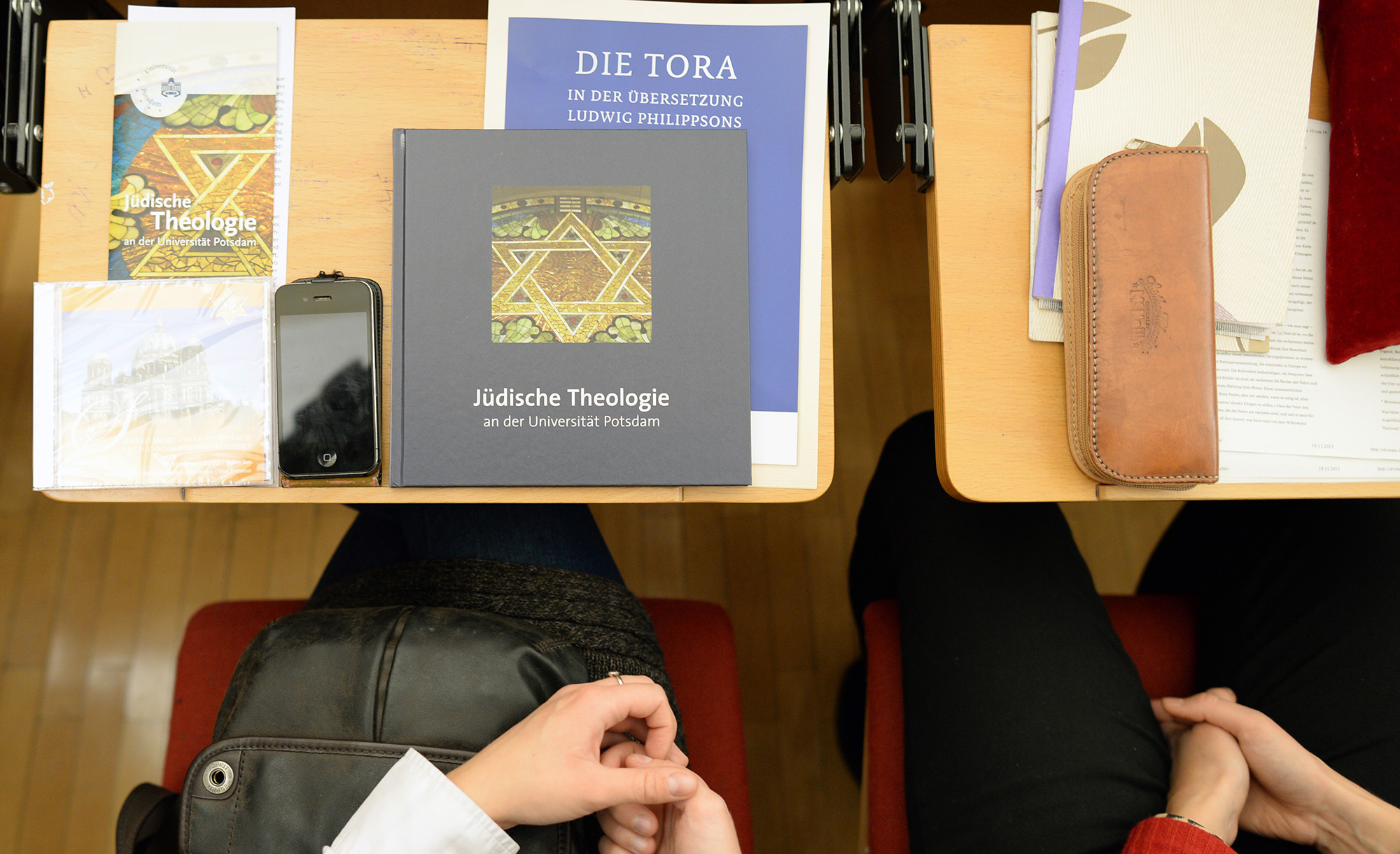
This Week’s Guest: Joshua Karlip
In the early years of the 19th century, some German scholars decided to read and analyze Jewish texts in a new way. They looked at Jewish sources with the eyes of academic scholarship rather than with the rabbinic ones or literary ones or folk ones which had kept Judaism alive. Their approach came to be called, in German, Wissenschaft des Judentums—the science of Judaism—and it was to be dispassionate and rigorous. Unlike a rabbi, a scholar could pursue the truth without concern that the consequences of his research might affect the religious life of the Jewish community. And, by adopting sound methodological tools shared by other academic disciplines, the practitioners of Wissenschaft des Judentums could bring their work into conversation with scholars in other fields. It was, in other words, the beginning of what is today in the universities called Jewish studies.
Since this academic discipline was premised on the need to abstract from Judaism’s particularity, it is not surprising that some other scholars of Judaism were suspicious of it. Judaism cannot escape its particularity, these scholars argued, nor can it escape its theological and covenantal doctrine of election or chosenness, nor can it escape its self-understanding in national terms ancient or modern.
For a time, in the second half of the 20th century, the particularists steered the ship of Jewish studies. Many young scholars recognized their work in relation to a moral obligation to preserve and replenish what the Shoah had nearly destroyed. This generation was propelled into the field not out of an embarrassment for Jewish distinctiveness instead out of a desire to recognize Jewish distinctiveness. Many scholars conceived of their work as a kind of redemption, an effort to begin reassembling a shattered people.
And what now, as we enter the second quarter of the 21st century?
Fewer and fewer scholars of that generation are active. Is Jewish studies reverting to form, and returning to its universalizing and abstracting roots? And what explains the ideological and intellectual animus against Israel and the Orthodox that seems to be in the air? Together, Jonathan Silver, the editor of Mosaic, and Joshua Karlip, a professor of Jewish studies at Yeshiva University and the author of a recent Commentary essay called “The Demise of Jewish Studies in America—and the Rise of Jewish Studies in Israel,” look at this moment in the history of Jewish studies in the United States.
Musical selections in this podcast are drawn from the Quintet for Clarinet and Strings, op. 31a, composed by Paul Ben-Haim and performed by the ARC Ensemble.
